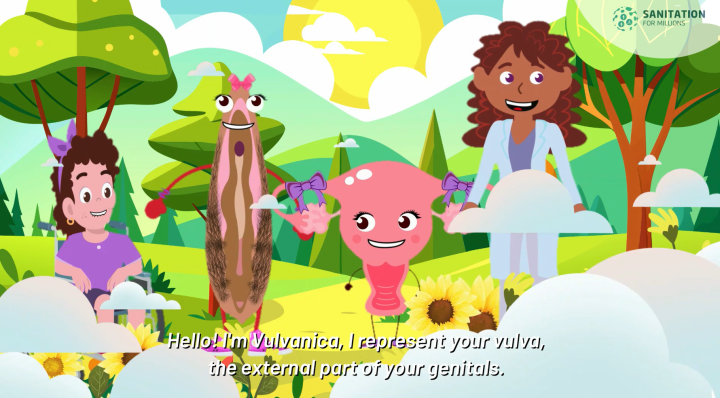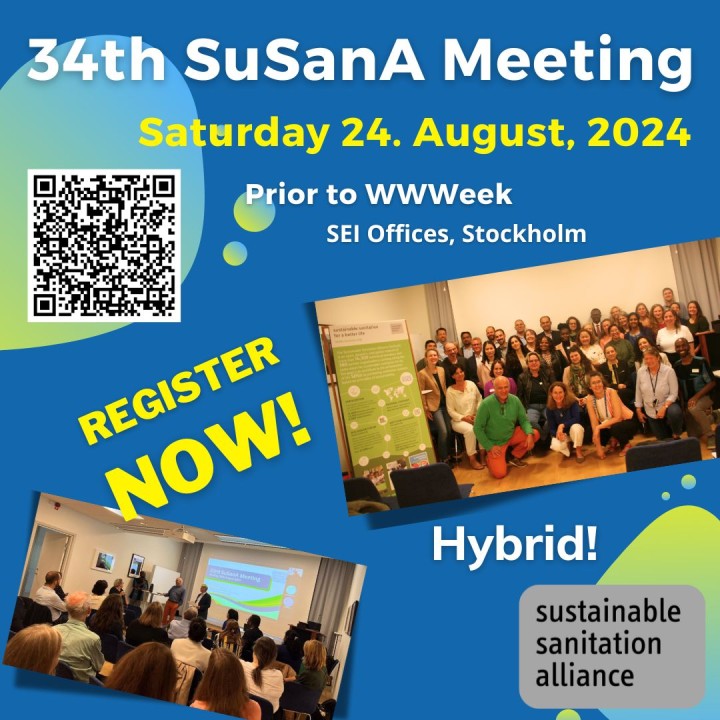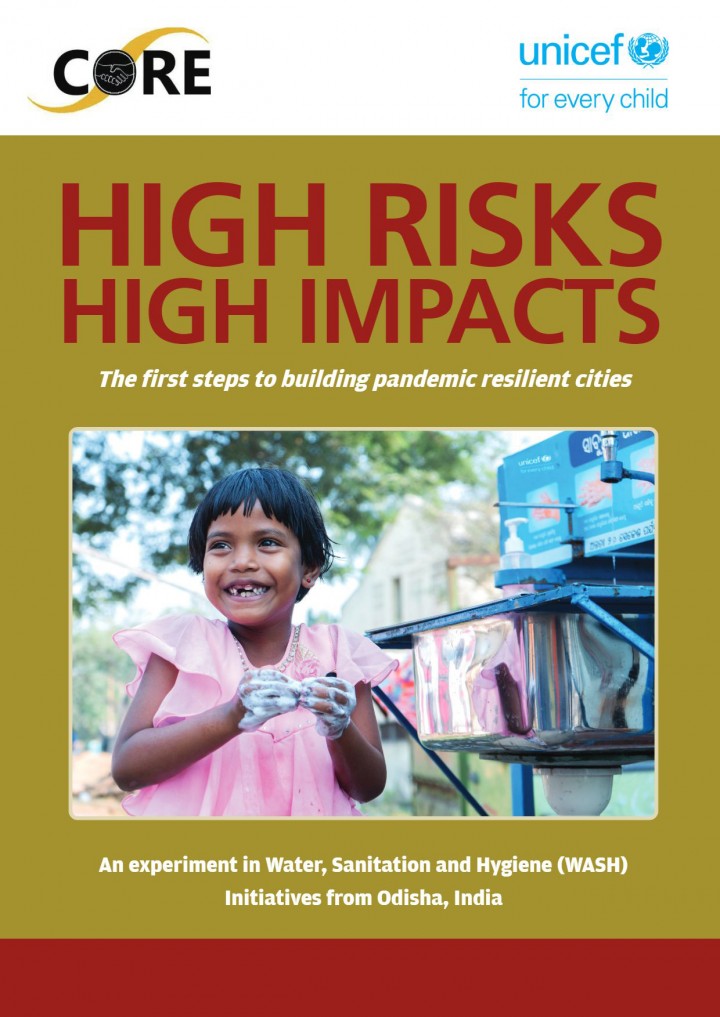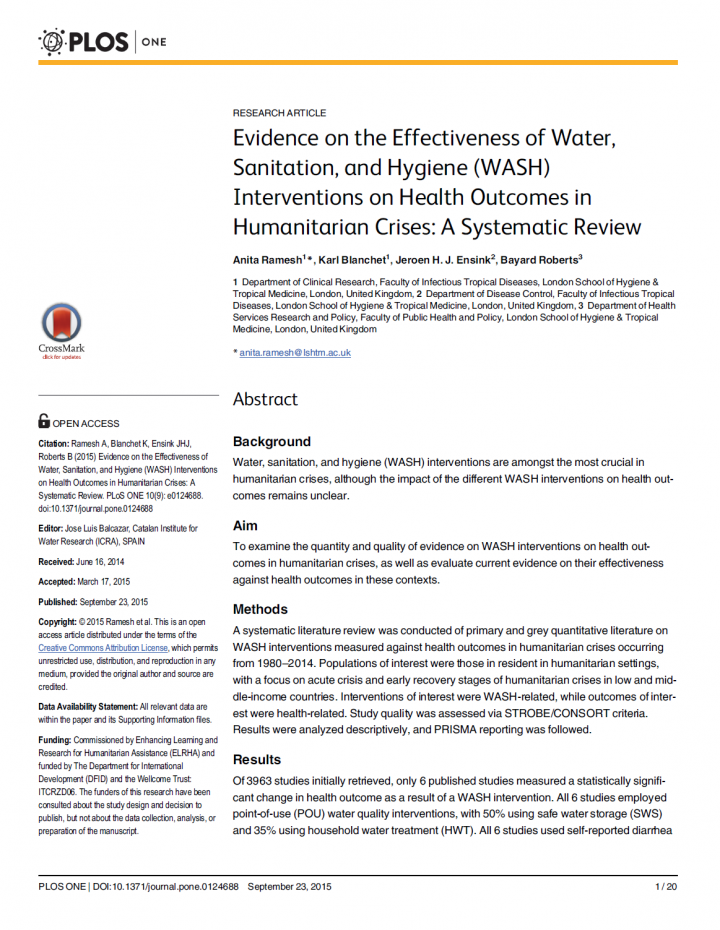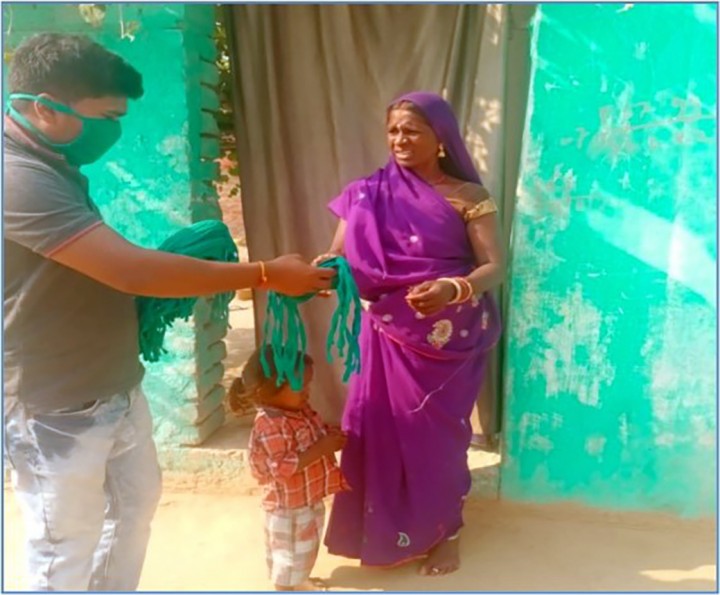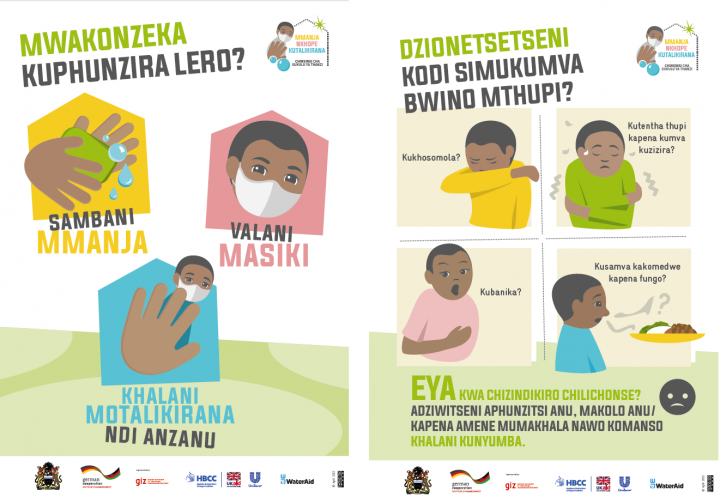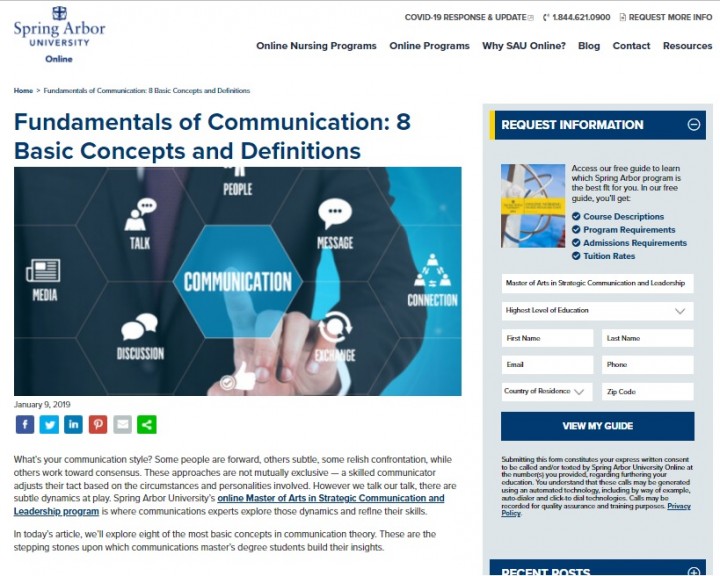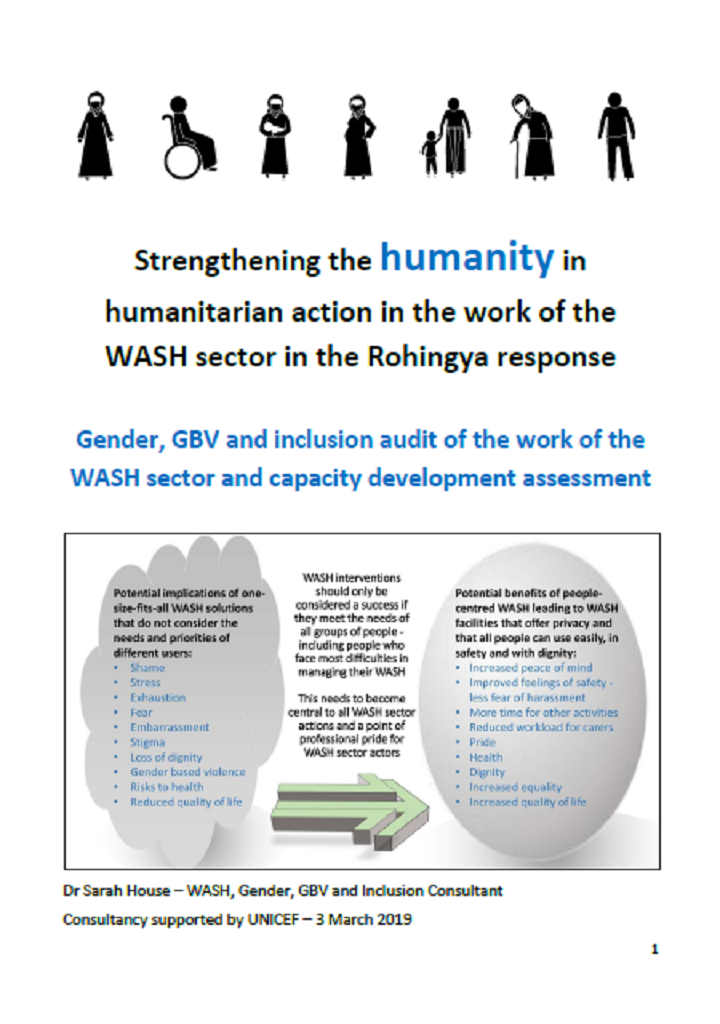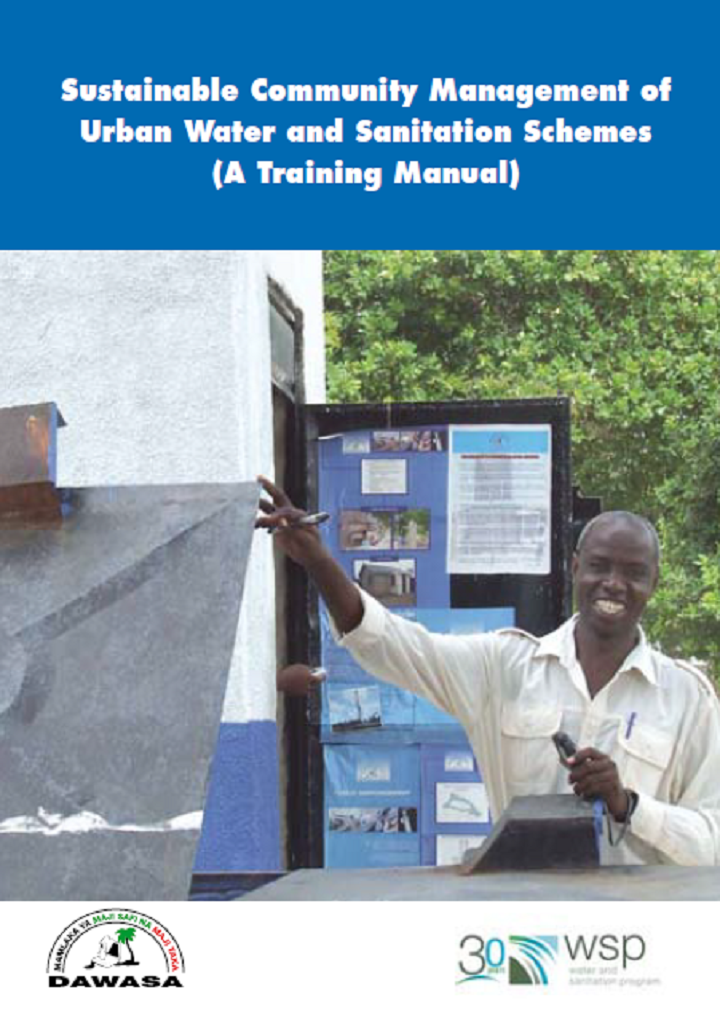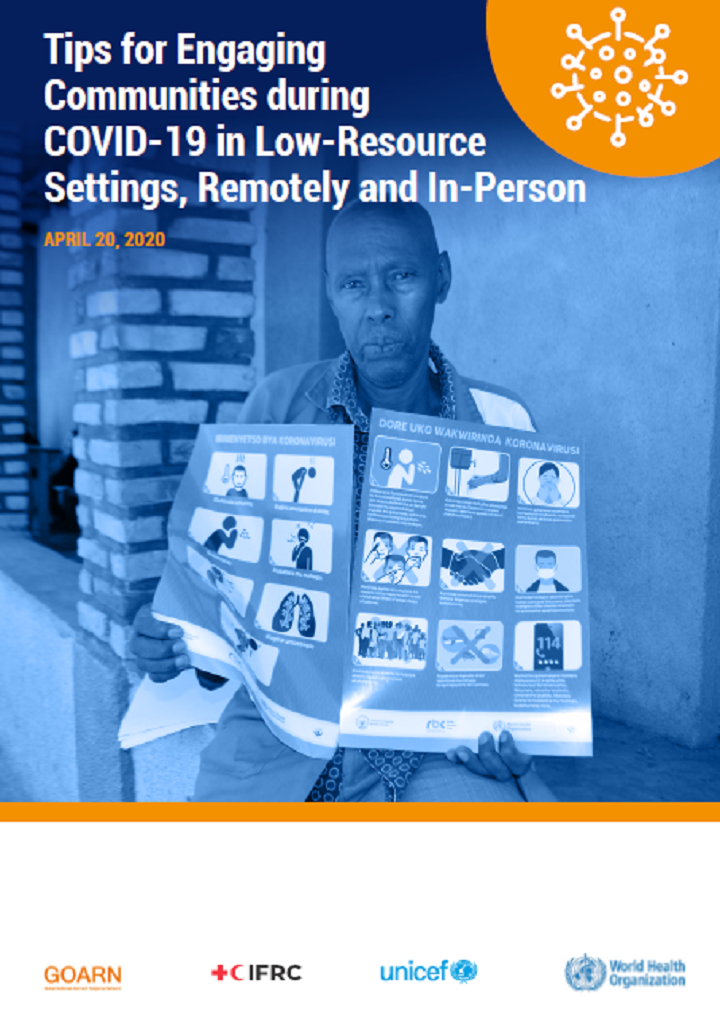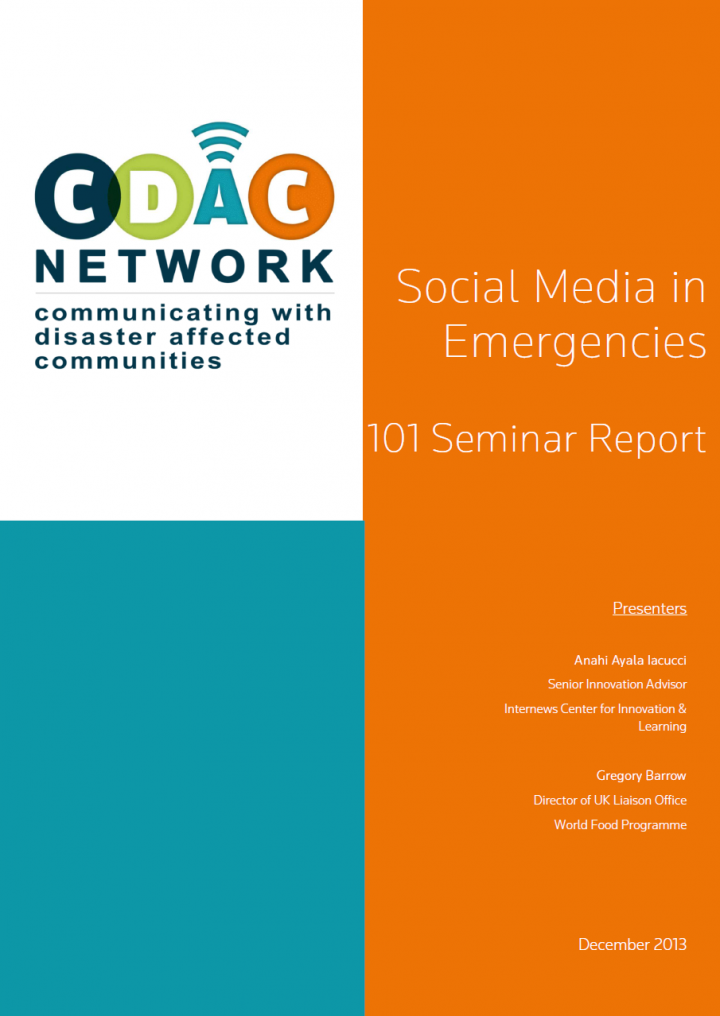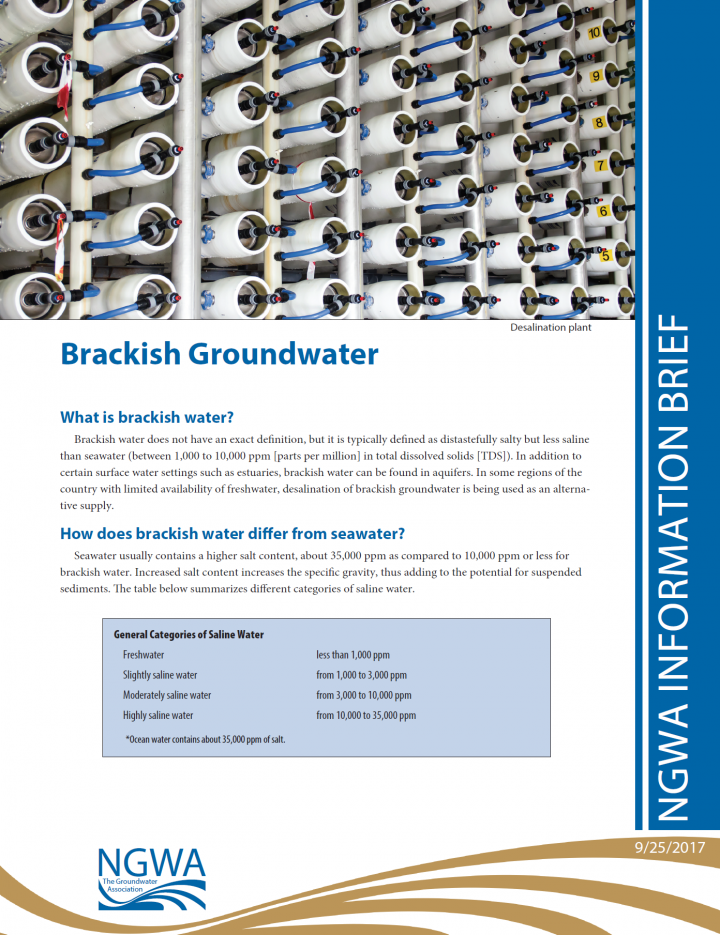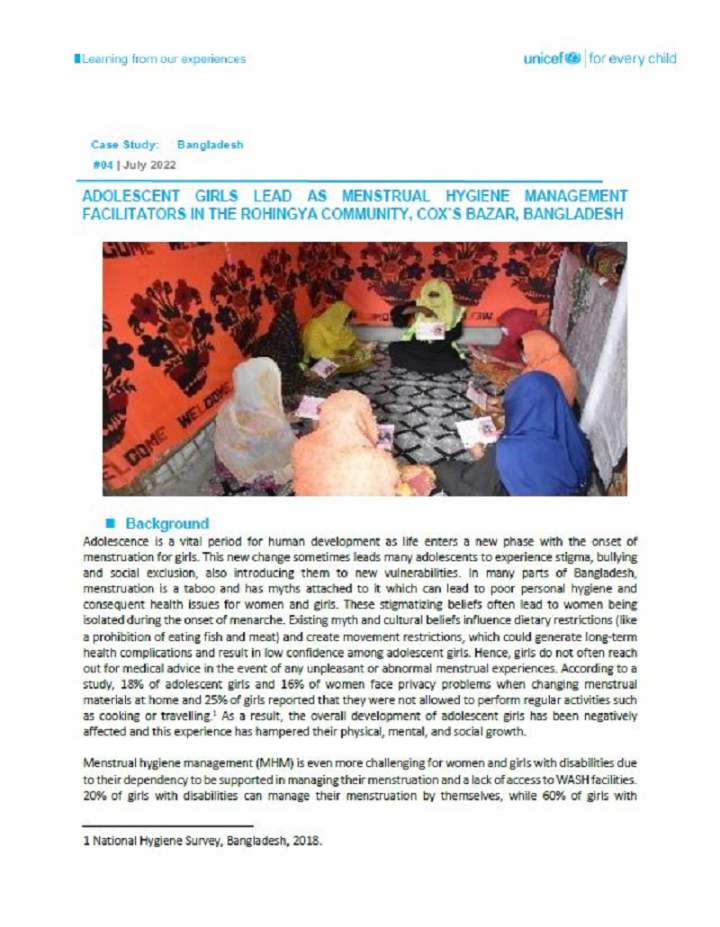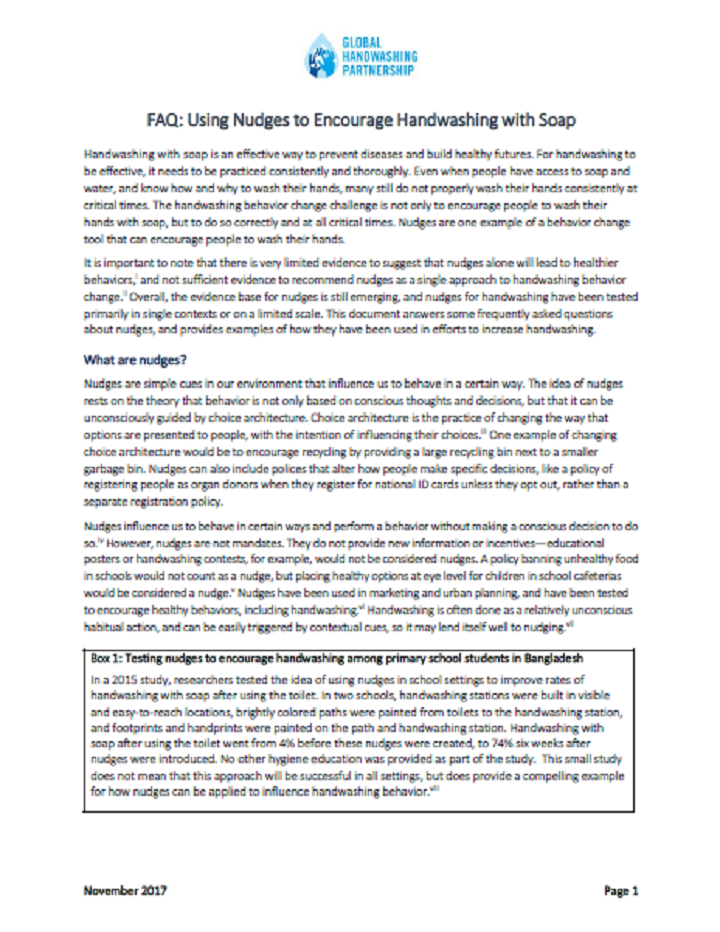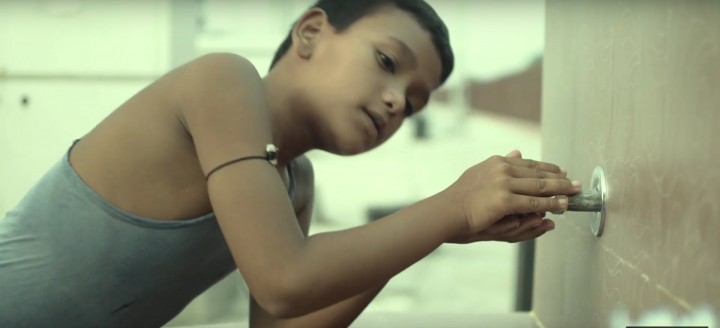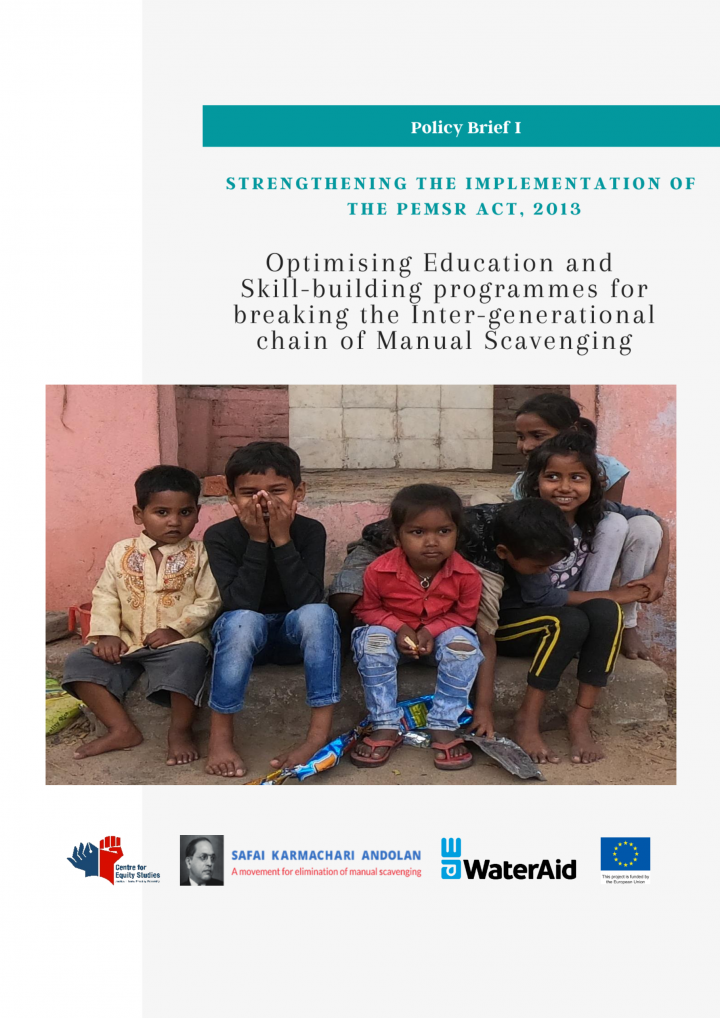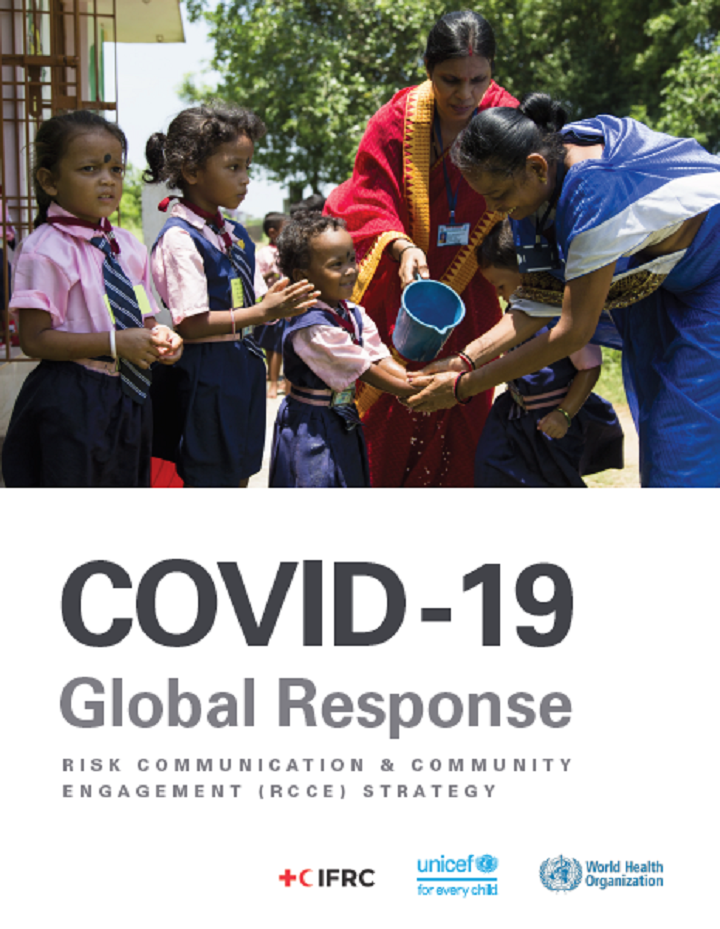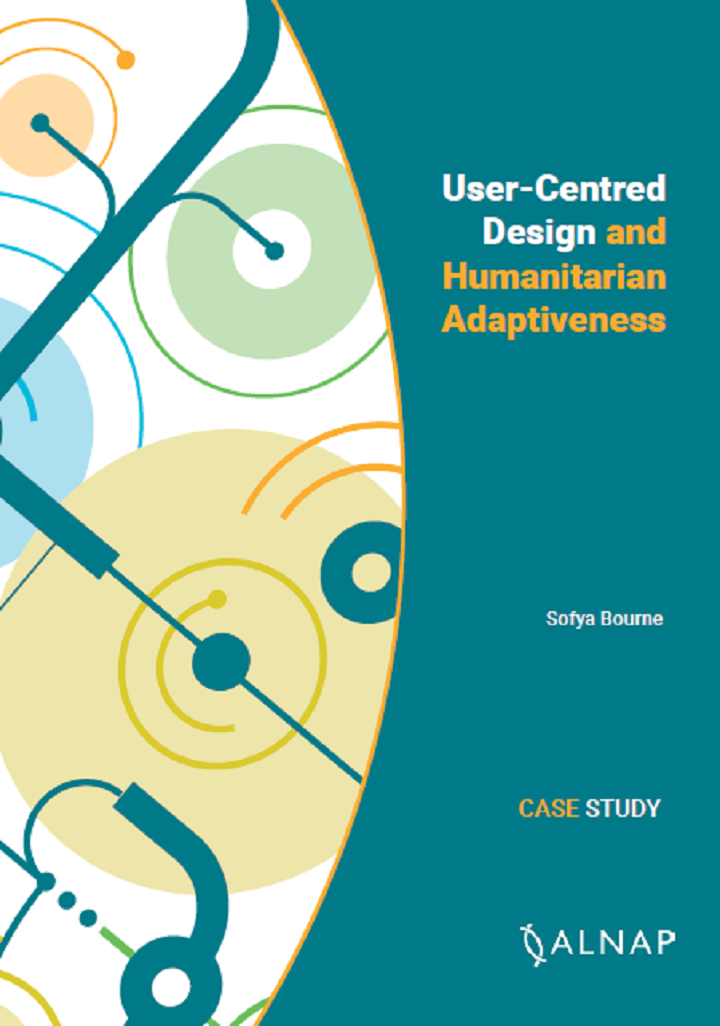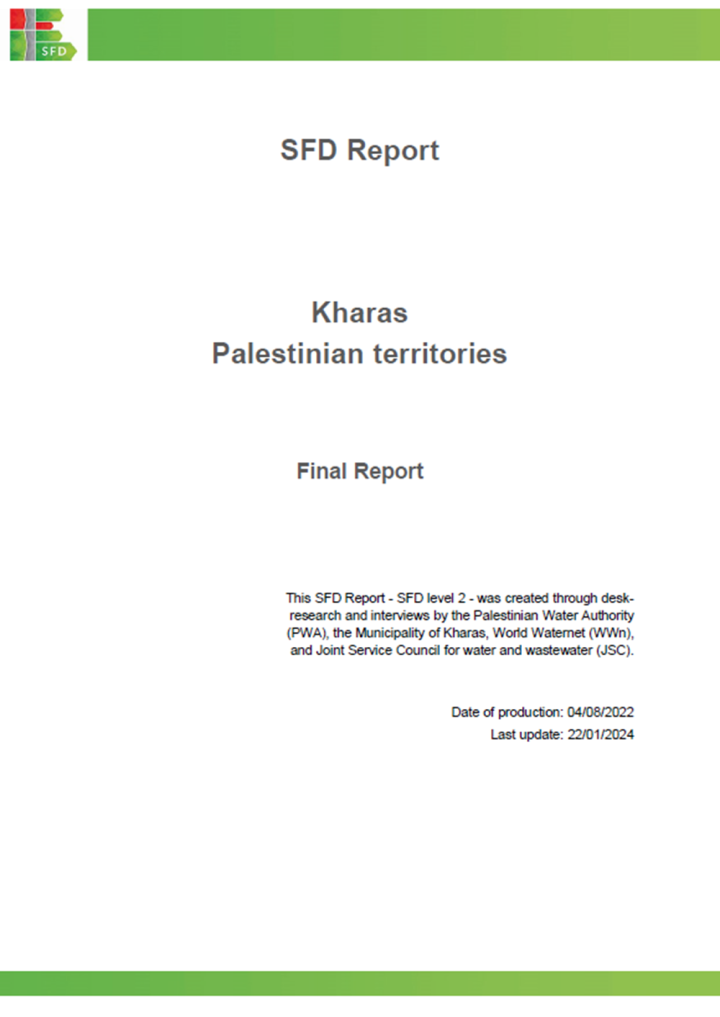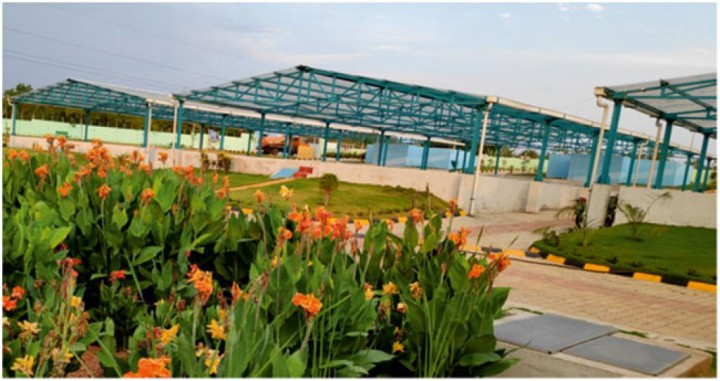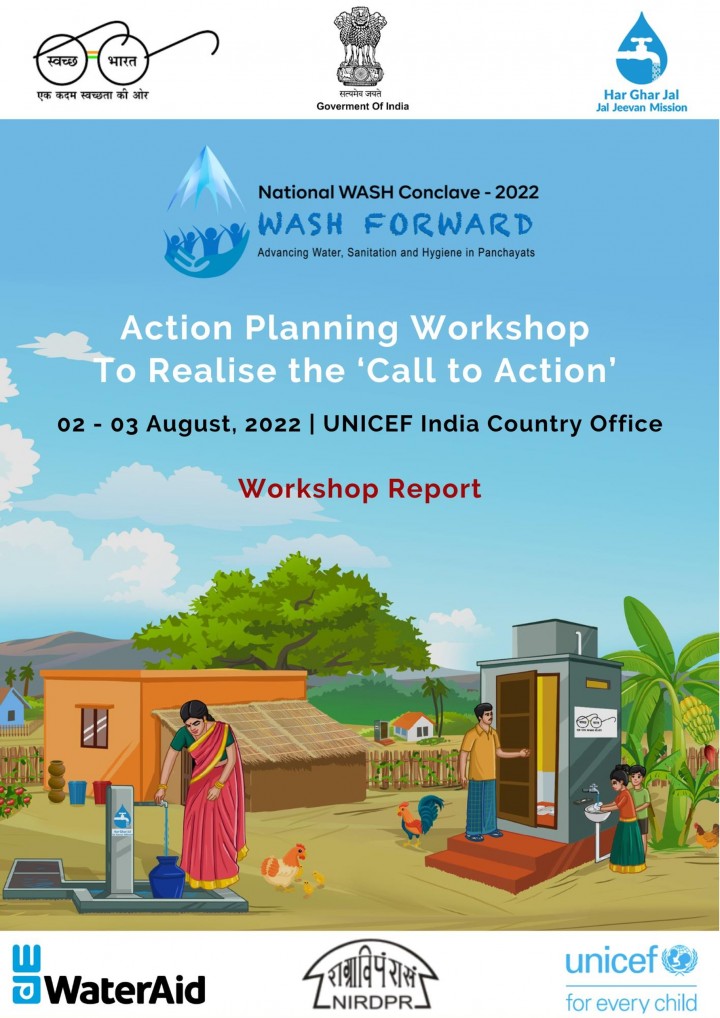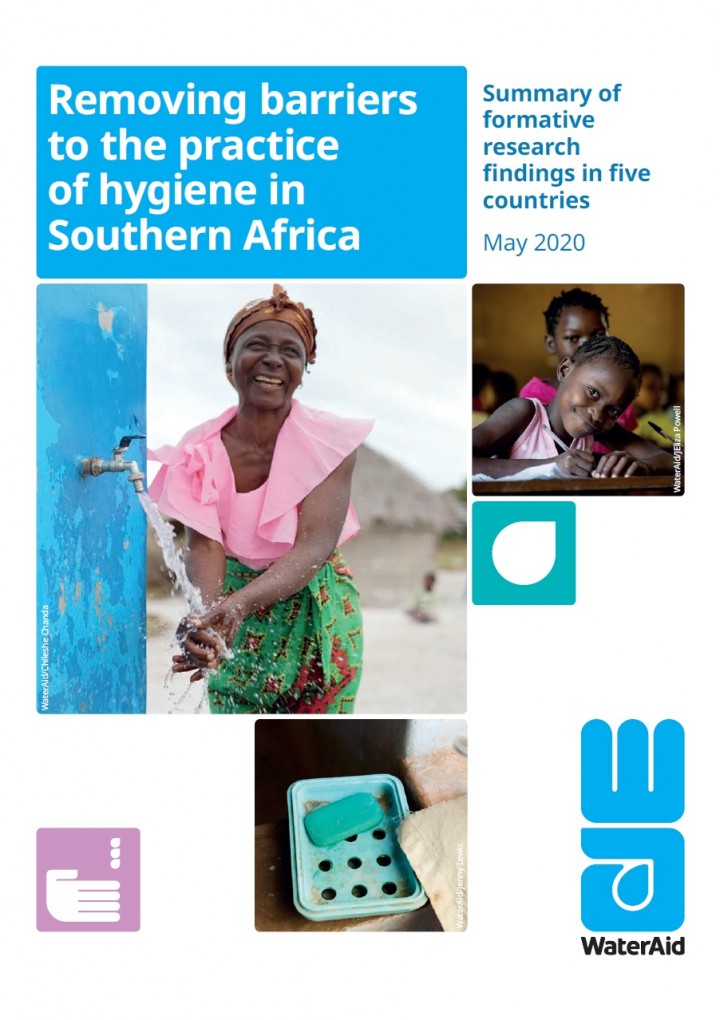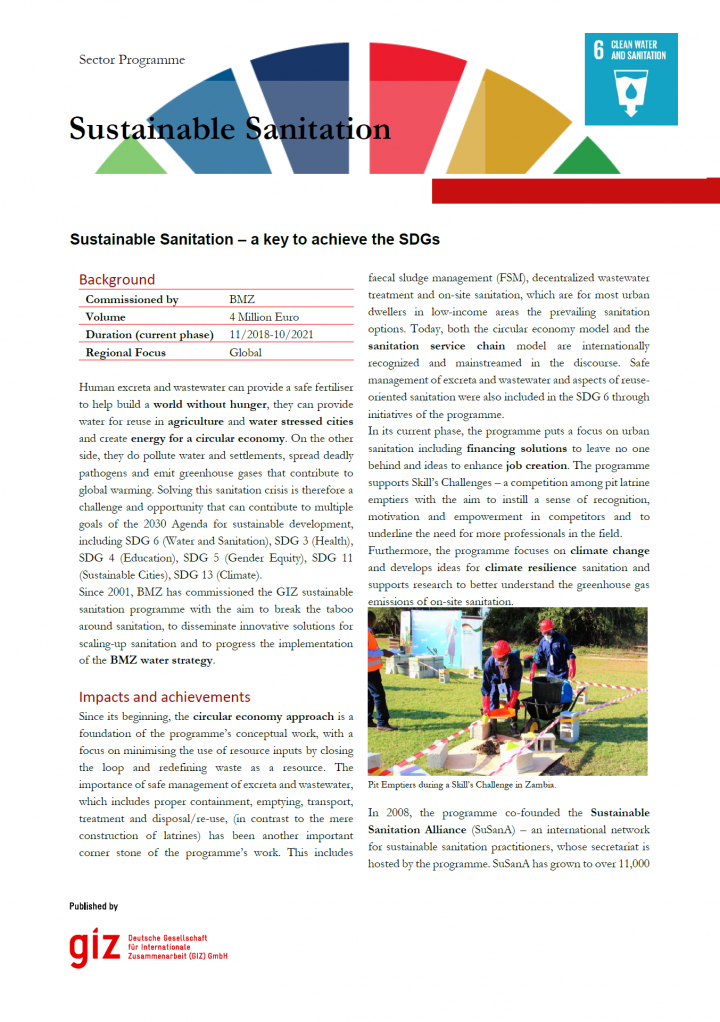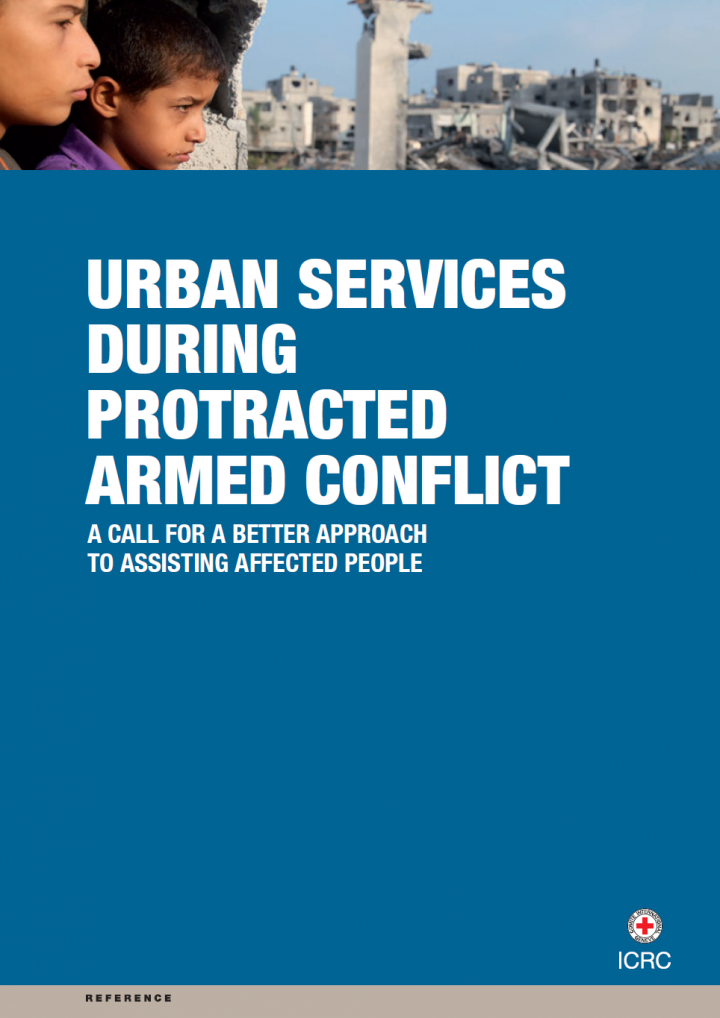Searching for information on Sanitation Workers?
The Sanitation Workers Knowledge + Learning Hub is the best source for all current news, trends, articles and updates on sanitation workers rights around the world.
Embárcate en una aventura mágica y educativa con Lucía, una joven que descubre los misterios de la menarquía en este encantador libro animado. A través de un bosque encantado, Lucía se encuentra con personajes fantásticos como Uteriana, la Doctora Menstrualiana y Vulvánica, quienes la guían en su comprensión del ciclo menstrual.
Este video no solo educa sobre los aspectos biológicos …
SuSanA is gearing up for its annual meeting and we want you to be part of it! The agenda for the meeting will be shaped by you – the SuSanA community. The three key topics for this year decided by the Advisory Board will be: Climate & Sanitation, Resource Recovery, and South-South Dialogue.
If you want to contribute to one of the key areas with an input, please fill in this form and reach …
At the onset of the pandemic, UNICEF has worked in close coordination with the Government and other development partners including WHO, primarily focusing efforts towards supporting coordinated actions for the preparedness, containment and mitigation of the outbreak. UNICEF with its response has adopted a multi-sectoral approach to the issue, ensuring that women and …
Background
Water, sanitation, and hygiene (WASH) interventions are amongst the most crucial in humanitarian crises, although the impact of the different WASH interventions on health outcomes remains unclear.
Aim
To examine the quantity and quality of evidence on WASH interventions on health outcomes in humanitarian crises, as well as evaluate current evidence on their effectiveness against …
The aim of this capacity building programme is to improve the efficiency and positive impact of urban, community-managed water and sanitation schemes. The manual was originally developed in collaboration with the Dar es Salaam Water and Sewerage Authority’s (DAWASA) Community Water Supply and Sanitation Program (CWSSP); but some of the material is applicable to other urban communities who may …
This brief provides key considerations for engaging communities on COVID-19 and tips for how to engage where there are movement restrictions and physical distancing measures in place, particularly in low-resource settings. It is designed for non-governmental organizations (NGOs), UN agencies, government agencies, and other humanitarian and implementing actors working on health promotion, risk …
101 Seminar Report: Social Media in Emergencies: On November 25th 2013 the CDAC Network hosted a 101 Seminar on Social Media for Emergencies. The Seminar was led by Anahi Ayala Iacucci of Internews and Gregory Barrow of WFP, and it was hosted by Plan UK. The CDAC Network 101 Seminar Series is designed to build the capacity of members by improving information sharing amongst members and the wider …
Brackish water does not have an exact definition, but it is typically defined as distastefully salty but less saline than seawater (between 1,000 to 10,000 ppm [parts per million] in total dissolved solids [TDS]). In addition to certain surface water settings such as estuaries, brackish water can be found in aquifers. In some regions of the country with limited availability of freshwater, …
Adolescence is a vital period for human development as life enters a new phase with the onset of menstruation for girls. This new change sometimes leads many adolescents to experience stigma, bullying and social exclusion, also introducing them to new vulnerabilities. In many parts of Bangladesh, menstruation is a taboo and has myths attached to it which can lead to poor personal hygiene and …
Handwashing with soap is an effective way to prevent diseases and build healthy futures. For handwashing to be effective, it needs to be practiced consistently and thoroughly. Even when people have access to soap and water, and know how and why to wash their hands, many still do not properly wash their hands consistently at critical times. The handwashing behavior change challenge is not only to …
The film depicts a common scene on the railway platform, where there is no drinking water in the taps. The protagonist is a child waiting for his train to arrive who has his own bottle of water. He notices a thirsty child desperately trying to drink a few last drops of water from the railway platform tap. He then tries to help this other child.
The Preamble to the Indian Constitution secures to all citizens of India equality of status and opportunity. Equality of opportunity means to give equal chance to every individual for the development of his/her capacity.
Education is a Fundamental Right under Article 21 (A) of the Constitution of India. The Constitution of India under Directive Principles as well as Fundamental Duties also …
A clear and integrated Risk Communication and Community Engagement (RCCE) strategy and response is vital for community uptake of essential public health and biomedical interventions to prevent and control the spread of disease. This strategy ensures dialogue and participation of all stakeholders and affected communities during preparedness, readiness and response.
The COVID-19 outbreak and …
Gathering and acting on feedback from affected communities is a key means to identify potential triggers for change during the design and implementation of humanitarian programmes. This study is focused on user-centred design (UCD), an approach often used outside the humanitarian sector to design products and services that are tailored to the needs and preferences of end-users and are created …
Kharas is a Palestinian village in Hebron Governorate, located 12 km northwest Hebron city, in the south of the West Bank. The village is located within the southern Palestinian mountains, to the north of Wadi Arab. The village is surrounded by Halhul to the east, Nuba and Beit Ula to the south, Surief to the north and the Green Line to the west.
The population of Kharas town for the year …
As a first step toward the goal of clean and sanitised villages, the state has issued the Odisha Rural Sanitation Policy in October 2020 that guides and enables sanitation interventions in rural areas over a ten-year horizon. In operationalising the Policy and in line with the objectives of SBM-G Phase II, Dhenkanal district in the state, with support from UNICEF and the Centre for Policy …
The NIRDPR in partnership with UNICEF, WaterAid and other development partners had conducted a 3-day National WASH Conclave “WASH Forward: Advancing Water, Sanitation and Hygiene in Panchayats” during February 23-25, 2022. Over 3000 participants including representatives from the Ministry of Jal Shakti, Ministry of Panchayati Raj, officials from the state and district …
Thousands of lives of sanitation workers are endangered and lost in low and middle income countries (LMICs) while manually cleaning confined spaces like septic tanks and sewer lines. These deaths are avoidable if we take corrective measures. Join us to discuss leading practices that cities can observe to make work safer for sanitation workers!
Speakers
Prabal Bhardwaj, PMU- SBM, Ministry of …
Human excreta and wastewater can provide a safe fertiliser to help build a world without hunger, they can provide
water for reuse in agriculture and water stressed cities and create energy for a circular economy. On the other side, they do pollute water and settlements, spread deadly pathogens and emit greenhouse gases that contribute to global warming. Solving this sanitation crisis is …
This report seeks to stimulate the much-needed discussion on developing a better approach to assisting people in urban areas that have been affected by protracted armed conflict. It combines current research with over three decades of ICRC experience in urban areas, deriving information through focus groups and individual interviews as well as from in-depth studies on Iraq and Gaza. The …

